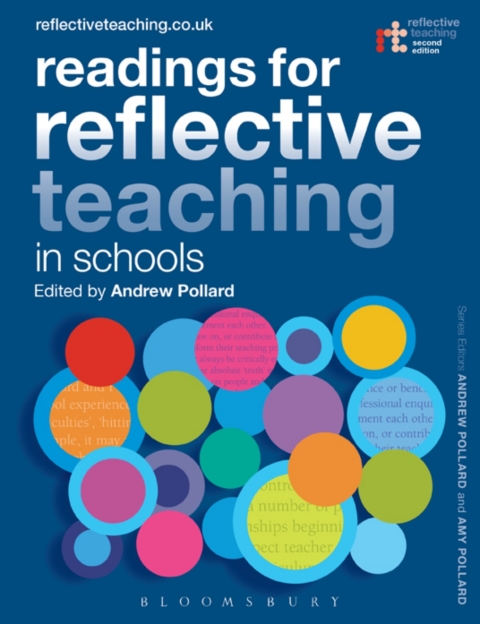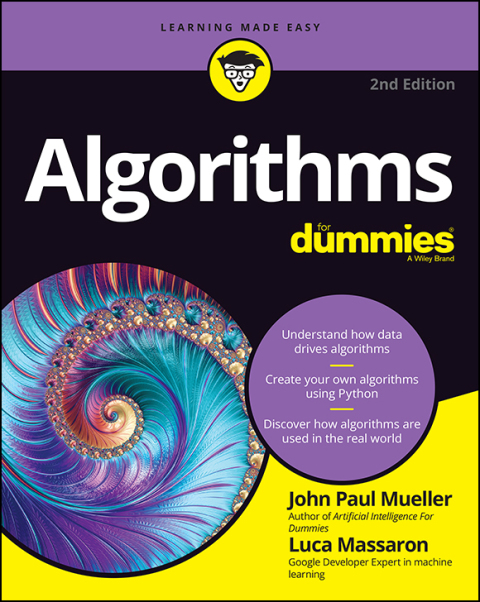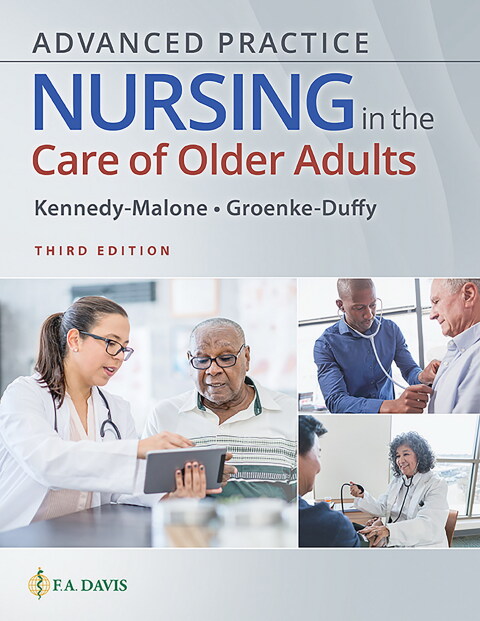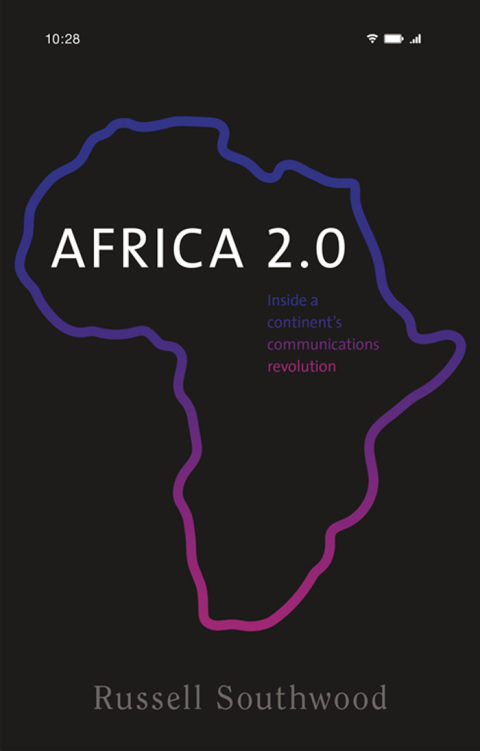Description
Efnisyfirlit
- Half title
- Available and forthcoming titles in the Reflective Teaching series
- Title
- Copyright
- Contents
- Acknowledgements
- Preface
- Part one Becoming a reflective professional
- 1 Identity Who are we, and what do we stand for?
- 1.1 Qing Gu Being a teacher in times of change
- 1.2 Andrew Pollard and Ann Filer Being a learner through years of schooling
- 1.3 Jean Rudduck and Julia Flutter How pupils want to learn
- 1.4 Mandy Swann, Alison Peacock, Susan Hart and Mary Jane Drummond Learning without limits
- 1.5 Phil Jones Assumptions about children and young people
- 1.6 Leon Feinstein, John Vorhaus and Ricardo Sabates The wider benefits of learning
- 2 Learning How can we understand learner development?
- 2.1 Burrhus Skinner The science of learning and the art of teaching
- 2.2 Jean Piaget The genetic approach to the psychology of thought
- 2.3 Lev Vygotsky Mind in society and the Zone of Proximal Development
- 2.4 Gordon Wells Learning, development and schooling
- 2.5 The Royal Society Neuroscience and education
- 2.6 Carol Dweck Motivational processes affecting learning
- 2.7 Robert Fisher Why thinking should be taught
- 2.8 Mary James Learning how to learn
- 2.9 Guy Claxton Learning and the development of resilience
- 2.10 Alan Thomas and Harriet Pattison Informal learning
- 3 Reflection How can we develop the quality of our teaching?
- 3.1 John Dewey Thinking and reflective experience
- 3.2 Donald Schon Reflection-in-action
- 3.3 Lawrence Stenhouse The teacher as researcher
- 3.4 Richard Pring Action research and the development of practice
- 3.5 James Calderhead Competence and the complexities of teaching
- 3.6 Ruth Heilbronn Practical judgement and evidence-informed practice
- 3.7 Heather Hodkinson and Phil Hodkinson Learning in communities of practice
- 4 Principles What are the foundations of effective teaching and learning?
- 4.1 John Bransford, Ann Brown and Rodney Cocking Brain, mind, experience and school: A US review
- 4.2 David Hogan, Phillip Towndrow, Dennis Kwek, Ridzuan Rahim, Melvin Chan and Serena Luo A tale
- 4.3 Pasi Sahlberg What the world can learn from educational change in Finland
- 4.4 Hanna Dumont, David Istance and Francisco Benavides The nature of learning: An OECD stocktake
- 4.5 Naomi Rowe, Anne Wilkin and Rebekah Wilson ‘Good teaching’: A UK review
- 4.6 John Hattie Visible learning: A global synthesis
- Part two Creating conditions for learning
- 5 Contexts What is, and what might be?
- 5.1 C. Wright Mills The sociological imagination
- 5.2 Andy Green and Jan Janmaat Regimes of social cohesion
- 5.3 Stephen Ball Schooling, social class and privilege
- 5.4 Department for Children, Schools and Families (DCSF) Disadvantage and low attainment
- 5.5 General Teaching Council for England (GTC E) Accountability in teaching
- 6 Relationships How are we getting on together?
- 6.1 Philip Jackson Life in classrooms
- 6.2 Mary Helen Immordino-Yang and Antonio Damasio We feel, therefore we learn
- 6.3 Andrew Pollard Teachers, pupils and the working consensus
- 6.4 Roland Chaplain Classroom rules, routines and rituals
- 6.5 Caroline Gipps and Barbara MacGilchrist Teacher expectations and pupil achievement
- 6.6 Dennis Lawrence What is self-esteem?
- 7 Engagement How are we managing behaviour?
- 7.1 Walter Doyle Learning the classroom environment
- 7.2 Chris Watkins The big picture on behaviour
- 7.3 Tom Bennett Virtues of great teachers: Justice, courage, patience, wisdom and compassion
- 7.4 Sue Cowley Ten strategies for managing behaviour
- 7.5 Jacob Kounin Discipline and group management in classrooms
- 7.6 Frank Merrett and Kevin Wheldall Positive teaching in the classroom
- 8 Spaces How are we creating environments for learning?
- 8.1 Urie Bronfenbrenner Environments as contexts for development
- 8.2 John Bransford, Ann Brown and Rodney Cocking Designs for learning environments
- 8.3 David Clegg and Shirley Billington Classroom layout, resources and display
- 8.4 David Berliner Instructional time – and where it goes
- 8.5 Anthony Edwards Environment, affordance and new technology
- 8.6 Guther Kress The profound shift of digital literacies
- 8.7 Daniel Muijs and David Reynolds Direct and interactive whole-class instruction
- Part three Teaching for learning
- 9 Curriculum What is to be taught and learned?
- 9.1 Brian Male and Mick Waters Designing the school curriculum
- 9.2 Michael Young Powerful knowledge
- 9.3 John Wilson Teaching a subject
- 9.4 Central Advisory Council for England Aspects of children’s learning
- 9.5 Jerome Bruner The spiral curriculum
- 9.6 Lorna Unwin Vocational education matters
- 9.7 Lee Shulman A perspective on teacher knowledge
- 10 Planning How are we implementing the curriculum?
- 10.1 Her Majesty’s Inspectors (HMI) Characteristics of the curriculum
- 10.2 Partnership Management Board of Northern Ireland Implementing a revised curriculum
- 10.3 Rosie Turner-Bissett Constructing an integrated curriculum
- 10.4 Louise Thomas An area-based curriculum
- 10.5 Welsh Assembly Government Skills for 3 to 19-year-olds
- 10.6 Anthony Haynes Progression and differentiation
- 10.7 Teaching and Learning in 2020 Review Group Personalised pedagogies for the future
- 11 Pedagogy How can we develop effective strategies?
- 11.1 Jerome Bruner Folk pedagogy
- 11.2 The General Teaching Council for England What is pedagogy and why is it important?
- 11.3 Brian Simon Why no pedagogy in England?
- 11.4 Roland Tharp and Ronald Gallimore Teaching as the assistance of performance
- 11.5 Max van Manen Student experience of pedagogy
- 11.6 Neil Mercer and Karen Littleton Talking and thinking together
- 12 Communication How does language support learning?
- 12.1 Martin Nystrand Engaging students, through taking them seriously
- 12.2 Elizabeth Perrot Using questions in classroom discussion
- 12.3 Robin Alexander The nature of pedagogic repertoire
- 12.4 Colin Harrison Why is reading so important?
- 12.5 Myra Barrs and Valerie Cork Reading, listening, discussing and writing
- 12.6 Carl Bereiter and Marlene Scardamalia From ‘knowledge telling’ to ‘knowledge transform
- 12.7 Adrian Blackledge Language, culture and story in the bilingual school
- 13 Assessment How can assessment enhance learning?
- 13.1 Wynne Harlen, Caroline Gipps, Patricia Broadfoot and Desmond Nuttall Assessment purposes and
- 13.2 Assessment Reform Group Assessment for learning
- 13.3 David Spendlove Feedback and learning
- 13.4 Yolande Muschamp Pupil self-assessment
- 13.5 Sue Swaffield Authentic assessment for learning
- 13.6 Gordon Stobart Creating learner identities through assessment
- Part four Reflecting on consequences
- 14 Outcomes How do we monitor student learning achievements?
- 14.1 Patricia Broadfoot Assessment: Why, who, when, what and how?
- 14.2 The Scottish Government Principles of assessment in the Curriculum for Excellence
- 14.3 Graham Butt Target setting in schools
- 14.4 Office for Standards in Education Using data to improve school performance
- 14.5 Warwick Mansell, Mary James and the Assessment Reform Group The reliability, validity and imp
- 14.6 Linda Sturman Making best use of international comparison data
- 14.7 Ann Filer and Andrew Pollard The myth of objective assessment
- 15 Inclusion How are we enabling opportunities?
- 15.1 Robin Richardson Principles underlying UK legislation for equality and diversity
- 15.2 Andrew Pollard Social differentiation in schools
- 15.3 Gary Thomas and Andrew Loxley Difference or deviance?
- 15.4 Sue Hallam Ability grouping in schools: A literature review
- 15.5 Barrie Thorne How to promote cooperative relationships among children
- 15.6 Ruth Kershner Learning in inclusive classrooms
- Part five Deepening understanding
- 16 Expertise Conceptual tools for career-long fascination?
- 16.1 Pat Collarbone Contemporary change and professional development
- 16.2 Andy Hargreaves Contemporary change and professional inertia
- 16.3 Tony Eaude The development of teacher expertise
- 16.4 Dylan Wiliam Improving teacher expertise
- 16.5 John Hattie Mind frames for visible learning
- 16.6 Helen Timperley, Aaron Wilson, Heather Barrar and Irene Fung Teacher professional learning an
- 17 Professionalism How does reflective teaching contribute to society?
- 17.1 Margaret Archer Thinking about educational systems
- 17.2 Ian Menter, Moira Hulme, Dely Eliot and Jon Lewin Teacher education and professionalism
- 17.3 General Teaching Council for Northern Ireland (GTC NI) Teaching: The reflective profession
- 17.4 Pasi Sahlberg, John Furlong and Pamela Munn Combining research and practice in teaching
- 17.5 Sally Power The imaginative professional
- 17.6 Council of Europe Teaching and learning about human rights in schools
- 17.7 Richard Bowe and Stephen Ball, with Ann Gold Three contexts of policymaking
- List of figures
- Bibliography
- Permissions
- Index
- The Reflective Teaching Series







Reviews
There are no reviews yet.